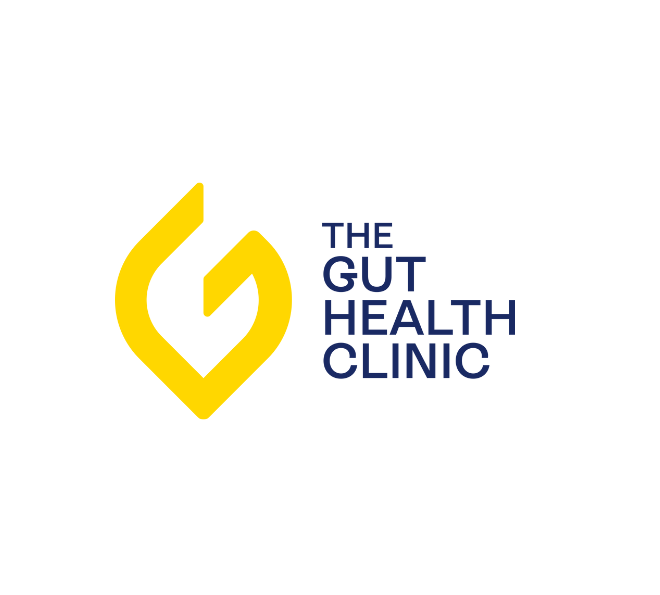
The Gut Health Clinic
Specialist expertise: Inflammatory Bowel Disease, Nutrition.
Reflux, also known as gastro-oesophageal reflux disease (GORD), is a common condition where stomach acid leaks up from the stomach into your food pipe (oesophagus).

Reflux, also known as gastro-oesophageal reflux disease (GORD), is a common condition where stomach acid leaks up from the stomach into your food pipe (oesophagus). This occurs when a muscle at the bottom of your oesophagus (lower oesophageal sphincter) relaxes or weakens, allowing acid to flow back into your oesophagus.
Reflux can cause symptoms such as heartburn or difficulty swallowing. For some it may just be an occasional nuisance, but for others it can be a severe, lifelong problem and may lead to complications if left untreated.
If you are experiencing symptoms of reflux more than twice/week you should visit your medical team who will assess the need for medication to prevent complications.
The evidence for treating acid reflux through diet is largely practical advice based on mechanical knowledge. The aim of the dietary intervention is to prevent/reduce pressure in the stomach and the return of stomach acid into the oesophagus where it can lead to inflammation and pain or discomfort.
You may find the following measures can help reduce heartburn and other symptoms of GORD:
If you feel you are frequently experiencing any of the above symptoms of reflux, do visit your medical team for a diagnosis and assessment of the need for medication. As a team of 10 specialist registered dietitians at The Gut Health Clinic, we are able to provide bespoke dietary/lifestyle advice to help prevent the complications associated with reflux.
Here at OneWelbeck, we have a team of exemplary specialists, state of the art facilities and diagnostics, and highly competitive financial packages for self-funding patients as well as those with private health care.
The Gut Health Clinic team are gut specialist registered dietitians and join OneWelbeck to support patients with a wide range of health concerns from diabetes to digestive problems and women’s health.